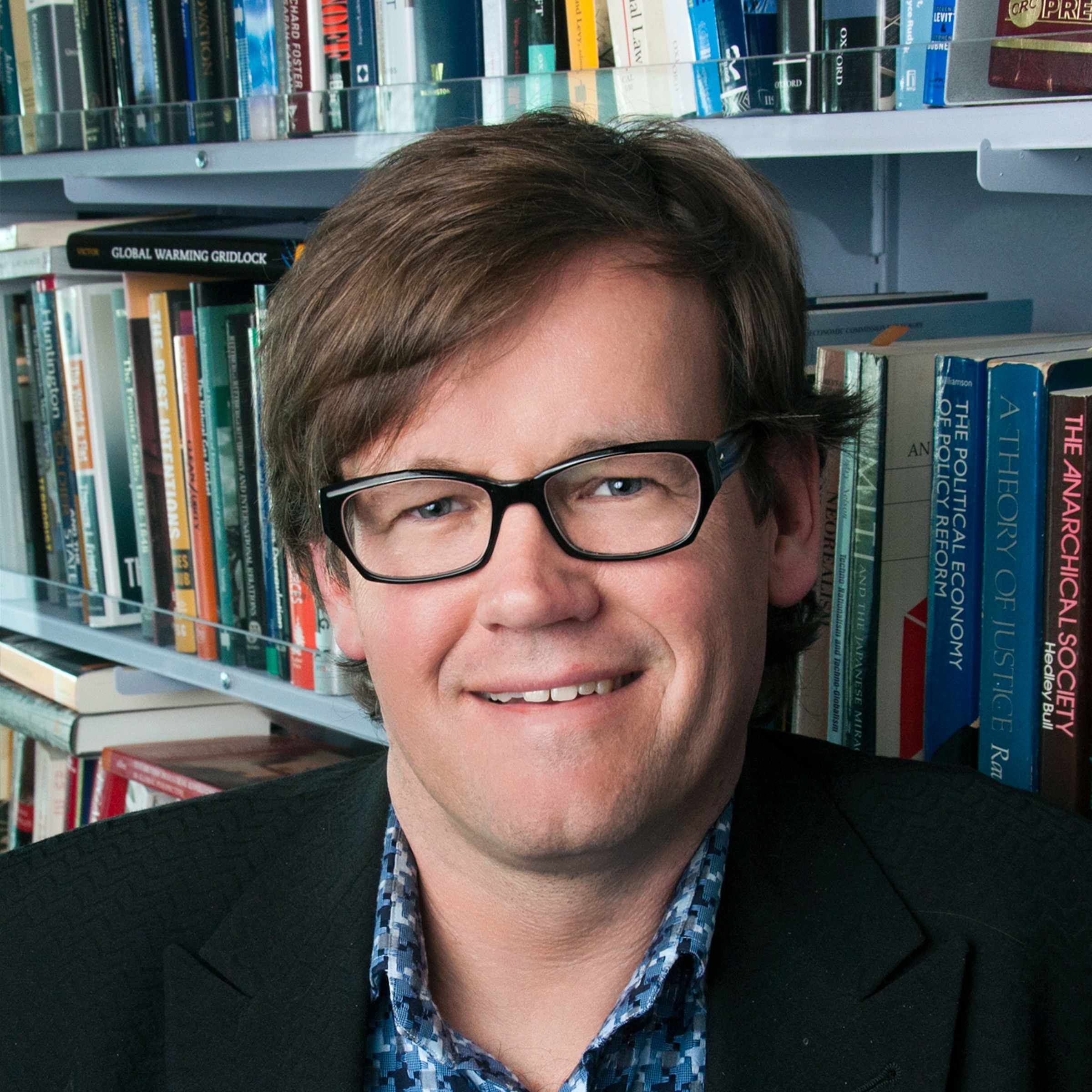Sessions With David G. Victor
Monday, 18 March
-
01:30pm - 02:00pm (CST) / 18/mar/2024 06:30 pm - 18/mar/2024 07:00 pm
Weathering the Change: What are the links between climate change and extreme events?
Climate & SustainabilityAs our planet undergoes unprecedented environmental shifts, understanding the connections between climate change and extreme weather phenomena becomes increasingly vital. From hurricanes and wildfires to heatwaves and flooding, extreme events are becoming more frequent and intense, posing significant challenges to communities worldwide. We will delve into the scientific evidence and mechanisms behind the escalating frequency and severity of extreme events in a changing climate. How are rising global temperatures, altered precipitation patterns and shifting atmospheric dynamics influencing the occurrence and intensity of extreme weather events? This panel promises to deepen your understanding of the urgent challenges posed by climate change–induced extreme events and inspire collective action toward a more resilient and sustainable future.
-
03:00pm - 03:30pm (CST) / 18/mar/2024 08:00 pm - 18/mar/2024 08:30 pm
How to Adapt to a Changing Climate?
Climate & SustainabilityToday, as our planet experiences unprecedented shifts in climate, adaptation has become increasingly crucial. While global endeavors aim to mitigate further damage, a certain degree of climate change is unavoidable, making adaptation imperative. What mechanisms are needed to bring focus to adaptation? What are some proactive measures to mitigate risks and enhance resilience at local, regional and global scales?
-
04:00pm - 04:30pm (CST) / 18/mar/2024 09:00 pm - 18/mar/2024 09:30 pm
Which Industries Can Best Drive Growth of CCUS?
Carbon Management/DecarbonizationCCUS is an integral part of the transition to next zero for multiple companies and industries, including those in hard-to-abate sectors. Which industries and locations can most quickly adopt CCUS at scale? What other factors are needed to provide the impetus for scaling of this solution in those industries?
-
07:30pm - 09:00pm (CST) / 19/mar/2024 12:30 am - 19/mar/2024 02:00 am
How Will Carbon Markets Evolve?
Carbon Management/DecarbonizationCOP28 failed to deliver the expected progress on Article 6, which is meant to support the development of global carbon markets. Consequently, the voluntary carbon market is regrouping around the question of quality, which has been impacting issuances, retirements and price trends. Will the sector be able to regain momentum? Simultaneously, national carbon compliance programs are being developed in key countries of the Global South, even as more established carbon markets are being strengthened and projected across borders. Will these different trends and markets converge? Can COP29 deliver progress for carbon markets?
Tuesday, 19 March
-
07:15am - 08:20am (CST) / 19/mar/2024 12:15 pm - 19/mar/2024 01:20 pm
Forging Climate Solutions: How to accelerate action across America
Climate & SustainabilityAs the United States becomes even more politically polarized, what happens to climate policy? This panel will consider the key findings from a large, bipartisan consensus report Forging Climate Solutions: How to Accelerate Action Across America by the Commission on Accelerating Climate Action of the American Academy of Arts and Sciences. The report, which reflects views from the arts and sciences, faith communities, environmental justice, youth activism, indigenous communities and public health, outlines a strategy for building and enhancing action on climate change even as American politics grow more fractious. Central to this action is a fair bargain to deploy green infrastructure equitably. How can siting and investment in infrastructure be improved? How can needed funding for innovation and deployment of new technologies be sustained?
-
02:30pm - 03:00pm (CST) / 19/mar/2024 07:30 pm - 19/mar/2024 08:00 pm
Is 1.5 Degree Goal Still Relevant?
Climate & SustainabilityThat climate is changing is well understood and accepted; however, bending the emissions curve has proven to be far more challenging and the world is on a path to be well above 1.5- and 2-degree C. Is the 1.5 degree C goal helping or getting in the way of finding climate solutions?
Friday, 22 March
-
11:20am - 12:00pm (CST) / 22/mar/2024 04:20 pm - 22/mar/2024 05:00 pm
Reimagining the Energy Future
Innovation & TechnologyAlthough the global energy mix is always in a state of continuous transition, the sheer scale of the world’s energy system makes the sort of rapid changes seen in technology difficult to replicate in energy. Yet in recent years, growth in unconventional oil and gas and solar PV are often cited as revolutionary changes. Are there similar energy revolutions on the horizon? Could we visualize a fundamentally different global energy system? Are you optimistic or pessimistic about bending the emissions curve? What surprised you the most? How impactful will Gen AI be in the energy sector? Is a clean energy future moving faster than many people think? How can energy transition be orderly and balanced?

